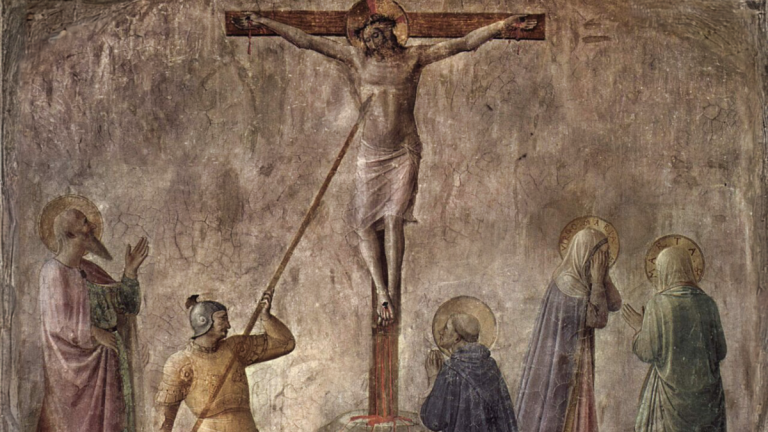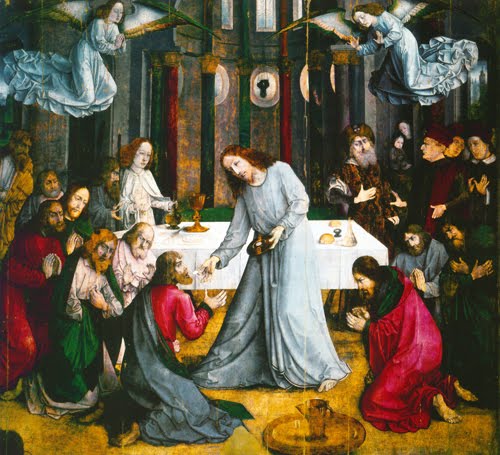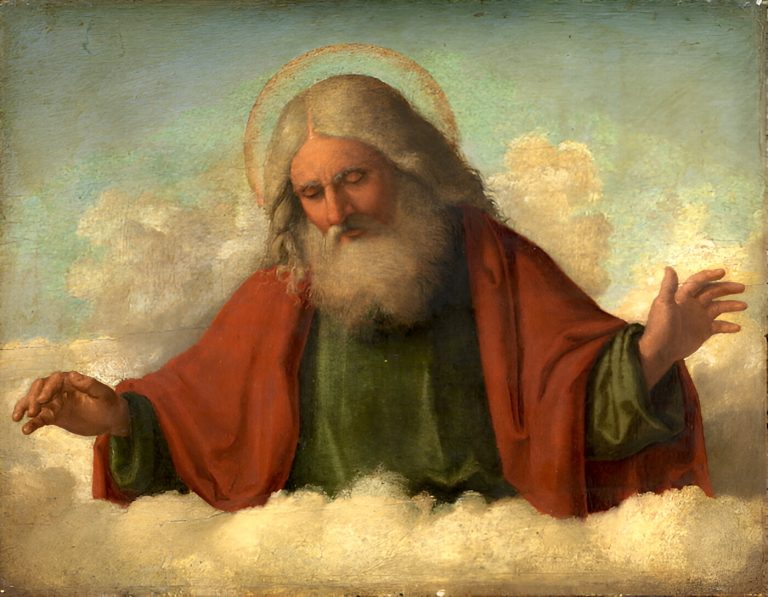Catholics, and many intelligent Protestants, ask a profound theological question: Would you buy a used car from Martin Luther?
Martin Luther was ordained as a Catholic priest. He took, and broke, his Holy Vows of Poverty, Obedience and Celibacy. The Life and Letters of Martin Luther, by Preserved Smith, copyright 1911, gives more details:
“Previous to his marriage, Luther had a salary of one hundred guilden. . . His salary was raised again in 1532 to three hundred guilden, and in 1536 the equivalent of another hundred was added by regular donations of wood, grain, and hay. Luther sometimes feared that these payments were tampered with by the nobles, and wrote an earnest protest to Spalatin, on July 13, 1542 : “. . . Wherefore I beg of you to see to it that I be not cheated of the Elector’s gifts.’
“About 1541 Luther’s income was further increased by a pension from the Elector, to him and his heirs, of fifty guilden per annum on a capital of one thousand gulden. In the last year of his life a pension on the same terms was granted him by the King of Denmark. Again he made a good deal from gifts, sometimes in money, oftener in plate and other valuables. (We see the hypocrisy of this man: he made a career of despising Indulgences, unless they went to him!)
“He mentions a legacy of a hundred guilden left him about 1520, and Henry VIII gave him fifty guilden in 1535. . . Money, of course, is worth just what it will buy, and for that reason a comparison of its value in different ages is of all things the most difficult. If the comparison is confined to those articles which are common to the sixteenth and twentieth centuries it will be found that a gulden (intrinsically worth fifty cents or two shillings) would then buy twenty times as much of them as it will now. Luther’s salary of two hundred dollars, for example, must be multiplied by twenty or more to get the equivalent (Then) a cow cost 3 guilden.”
That was written in 1911. Today, a cow will sell for over $2,000! In today’s money, Luther had an income of 500 guilden. That equals 167 cows a year. Today, he would be receiving an annual income of about $350,000.00!
In his will, Luther’s real estate assets were appraised at 9,000 guilden. He had nearly another 1,000 guilden in other assets. Luther’s 10,000 guilden were worth 3,500 cows. Today, $2,000 dollars times 3500 cows means that Luther had a fortune in our money of six to seven million dollars! Plus, an annual income of $350,000.00! The “first modern Protestant” found fame and big money, by breaking the vows of Poverty, Celibacy, and Obedience to give his employers justifications s to confiscate Catholic properties!
He left his fortune to his wife. Nearly all the six or seven million dollar estate was taken from her because Luther was too much of an arrogant know-it-all to to hire a lawyer to write his will. As a result, it was overturned. His wife, a former nun, was stripped of assets and “obliged to support herself by taking in boarders in her last years.”
One of Luther’s most infamous moral decisions involved Philip, Landgrave of Hesse, a wealthy supporter of Luther. His young mistress insisted that Philip marry her. Luther’s less than profound moral advice: “Keep your wife (by whom he had seven children). Marry your mistress, commit bigamy, and keep quiet about it.” (italics added)
This letter from Luther confirms the morals he espoused that gained him huge financial rewards from a wealthy supporter:
“TO PHILIP, LANDGRAVE OF HESSE, AT SCHMALKALDEN (Wittenberg,) April 10, 1540. “Grace and peace. Most serene, noble Prince, gracious Lord ! I have received your Grace’s letter and note that you are pleased with our counsel, which we would willingly have kept secret. Melanchthon has written me nothing about your Grace, but will certainly do so, or tell me about it orally. But we want to keep the business a secret for the sake of the example, which every one would follow, even at last the coarse peasants. There are also other reasons as great or even greater why you should keep it (the bigamous marriage to Philip’s young mistress) to yourself and not avow it which would make us a lot of trouble. Wherefore your Grace will please be secret and improve your life as you promised. Our dear Lord be with your Grace. Amen. Your Grace’s obedient servant, Martin Luther.” (1 Lenz : Briefwechsd des Landgraf Philipps mit Bucer (1880), i, 362.)
Those are some of the reasons that Catholics, and many Protestants ask: “Would you buy a used car from Martin Luther?”









